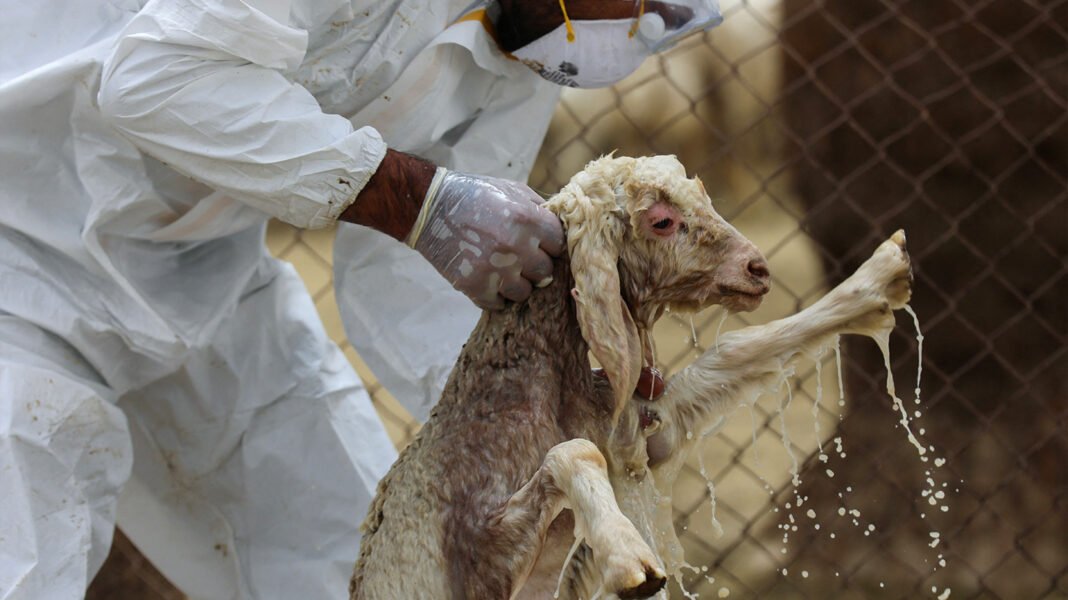The Kurdistan Region has confirmed its first case of hemorrhagic fever. The Koya patient case confirmed is a 42-year-old butcher from Koya. He is now receiving treatment in Erbil under close medical care. Health officials say his condition is stable and improving.
Therefore, this case follows a rise in suspected infections across Iraq, including Kirkuk. Several cases and deaths have already been reported in other provinces. Now, health authorities in Kurdistan are urging the public to stay alert and follow safety advice.
Dr. Sarkar Surchi from the Kurdistan Regional Government confirmed the case. He said tests had clearly shown the virus. Officials want people to follow all safety measures, especially those who work with animals or meat.
Additionally, hemorrhagic fever spreads through contact with infected animals or their fluids. Butchers, farmers, and meat processors face the highest risk. Since the Koya patient case confirmed the disease, public health teams are working to prevent more infections.
Therefore, the Ministry of Health released clear guidelines to stop the spread. People must use approved slaughterhouses with veterinary staff. Gloves, masks, boots, and gowns are now essential when handling meat or animals.
Moreover, officials also said no one should help with animal slaughter without protection. Everyone must wash their hands after removing gloves. Meat should not be handled barehanded. All tools and surfaces that touch blood need strong disinfection using chlorine-based cleaners.
Keep fresh meat cold—between 4 and 8 degrees Celsius—for at least 24 hours before eating it. Use frozen meat confidently, as it does not spread the virus. Avoid eating meat from sick or tick-covered animals.
The public should contact veterinary teams if animals show signs of illness. Early action can reduce infection risk. People who raise animals or handle meat should visit a doctor if they feel sick.
Moreover, health officials are also telling people not to gather near slaughter zones. Animal waste must be safely bagged and thrown away in approved places. These simple steps can help protect lives.
So far this year, Iraq has seen 30 hemorrhagic fever infections. Five people have died. As the Koya patient case confirmed local spread, the region is taking strong action to stop more cases.


